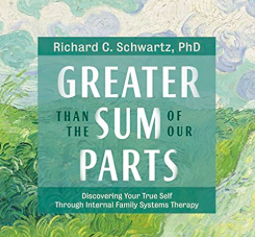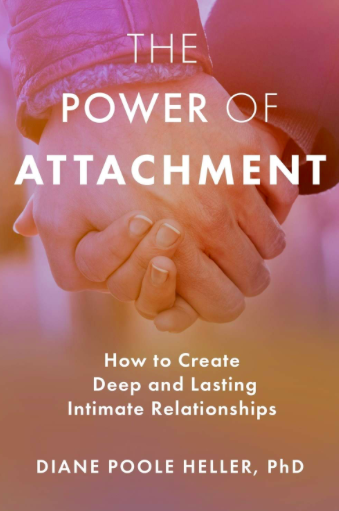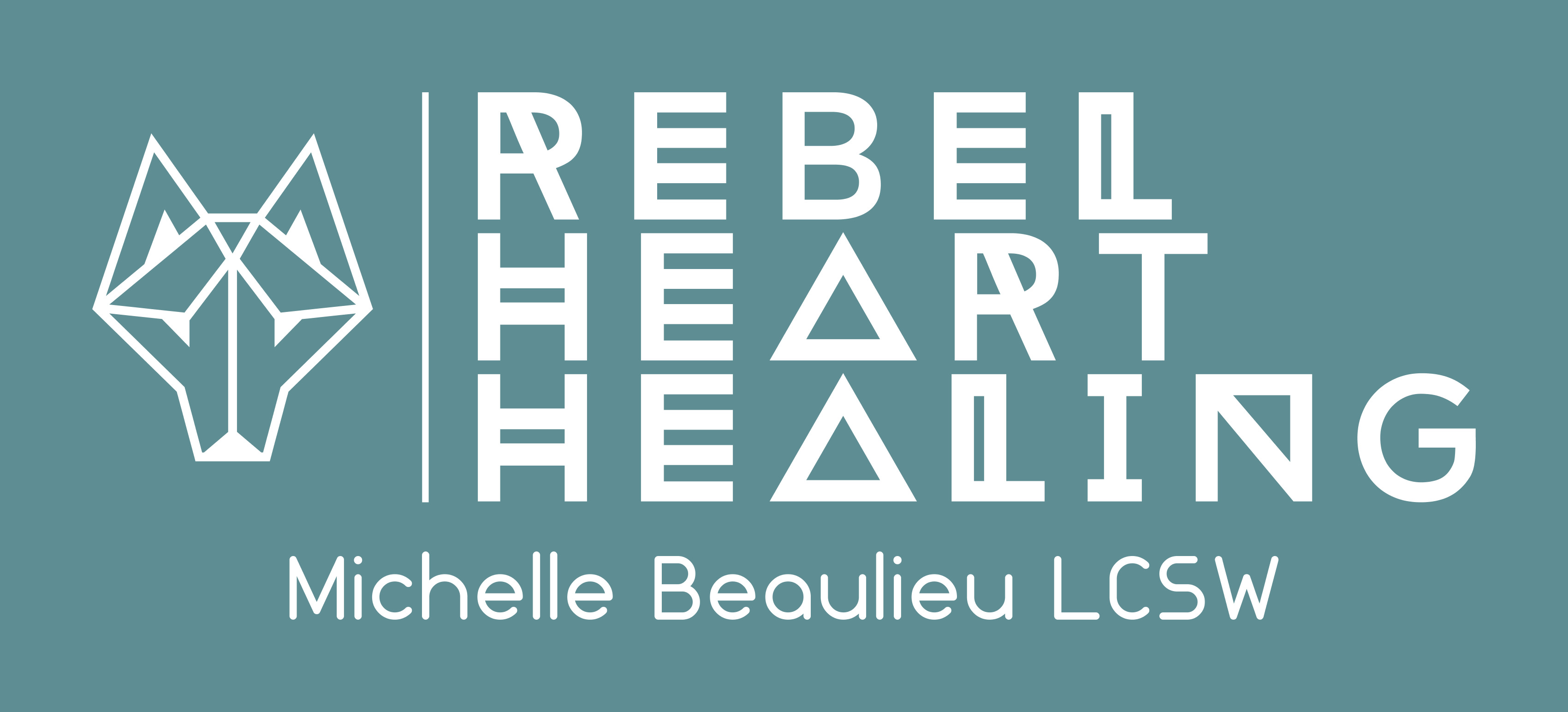With everything that’s happening in the world these days, it can feel very difficult to find the right person to help you. And without the right person to help, it can feel almost impossible to know where to start. In our small Juneau community, we are all feeling intensely how scarce our resources, juxtaposed by how great our needs. It’s my hope to provide an introductory overview for those who are waiting to connect with a provider, which might help inform the type of treatment or therapist you end up seeking.
Developmental trauma
Given that we as a global community are just starting to understand the difference between single event, acute trauma, vs. chronic or developmental trauma, I find that I spend a good amount of time helping clients begin to come into contact with how pervasive repeated trauma can be, and what the process of healing from repeated trauma looks like (separate from any particular treatment modality, such as Prolonged Exposure, EMDR, Somatic).
After searching far and wide for a resource geared towards clients, I was delighted to find Gretchen Schmelzer’s Journey Through Trauma: a Trail Guide to the 5-Phase Cycle of Healing Repeated Trauma. Written in approachable, human, not-overly-clinical language, this “Trail Guide” demystifies complex topics and provides an introduction to attachment, the different phases of trauma healing, helps you understand that healing from repeated trauma happens in relationship, and begins to illuminate what it might look like to find a therapeutic relationship in which your healing work can happen.

Introduction to Polyvagal Theory
Because Polyvagal theory, created by Stephen Porges, and adapted for clinical settings by Deb Dana and others, comes from neuroscientific research, it can feel incredibly daunting and complex. At the same time, understanding (and befriending!) our nervous systems is the single most helpful thing we can do for ourselves. The practical insights and techniques that come out of Polyvagal theory underlie all contemporary therapeutic approaches. Because it’s so incredibly helpful, while simultaneously overwhelming, I was THRILLED when I found a video that Polyvagal experts put together to help quickly, and in everyday language, grasp the core concepts.
Here’s the link to the youtube video, Trauma and the Nervous System: A Polyvagal Perspective
Deb Dana has also created a lovely introduction to Polyvagal theory. You can find her “Beginner’s guide” resource (a free downloadable pdf) at her website: https://www.rhythmofregulation.com
Understanding Internal Family Systems
Richard Schwartz is the creator of a type of treatment called Internal Family Systems. Schwartz created an 8-hour audio program, Greater Than the Sum of Our Parts, that provides a very helpful overview of IFS. In addition to the educational content on the theory of IFS, this resource also contains useful guided experiential exercises that walk you through the process of working with “parts”. If you are a Juneau library user, you can access this program for free through Hoopla with your library card.

Understanding Attachment
In my opinion, being human is difficult. It’s also a condition that doesn’t come with a user manual. Diane Poole Heller’s offerings on adult attachment styles come as close to anything I’ve ever found to such a resource: a beautiful synthesis for understanding human relationships and what makes us feel safe. As opposed to reading this only if you feel you have a clinical problem, I recommend this book (probably more forcibly than is socially appropriate!) to everyone who hasn’t read it. Also (great job Juneau Public Library system!) this title is available through Hoopla for free. Heller’s audio program version is titled Healing Your Attachment Wounds: How to Create Deep and Lasting Intimate Relationships.

